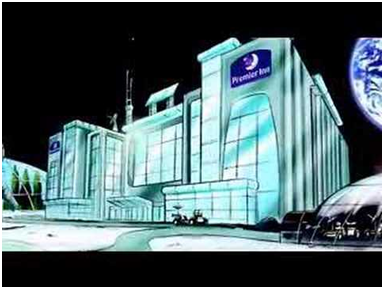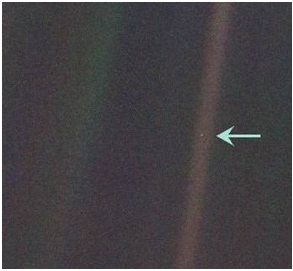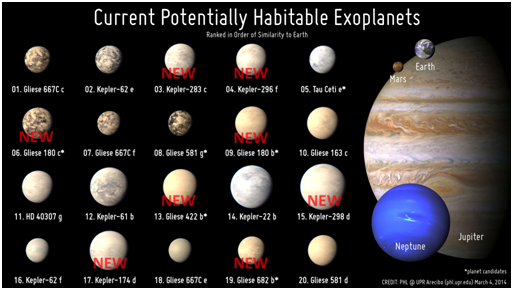Will we ever Skype from the Moon?
- Subscribe to RSS Feed
- Mark as New
- Mark as Read
- Bookmark
- Subscribe
- Printer Friendly Page
- Report to Moderator
- Plusnet Community
- :
- Plusnet Blogs
- :
- Will we ever Skype from the Moon?
Will we ever Skype from the Moon?
 Have you sat and envisioned what the technology of the future will look like? Will we build a hotel on the moon, like many companies have proposed, and be able to Skype to our family here on Earth? Technology is constantly changing around us and the internet has been a facilitator for that. But how will it look in the future and just where may our ambitions take us? Following on from our earlier article, Plusnet spoke to Kevin Read, from the West Yorkshire Astronomical Society, and Mark Sargent from the University of Sussex to provide us with an insight into what we can expect to see in the future.
Have you sat and envisioned what the technology of the future will look like? Will we build a hotel on the moon, like many companies have proposed, and be able to Skype to our family here on Earth? Technology is constantly changing around us and the internet has been a facilitator for that. But how will it look in the future and just where may our ambitions take us? Following on from our earlier article, Plusnet spoke to Kevin Read, from the West Yorkshire Astronomical Society, and Mark Sargent from the University of Sussex to provide us with an insight into what we can expect to see in the future.  Source: The Premier Inn Lunar Hotel Thirty years ago it would probably have been difficult to see many of the huge strides we have made in improving – and sharing – our knowledge of the world around us. Whether that has been for the good of mankind is a different discussion altogether.
Source: The Premier Inn Lunar Hotel Thirty years ago it would probably have been difficult to see many of the huge strides we have made in improving – and sharing – our knowledge of the world around us. Whether that has been for the good of mankind is a different discussion altogether. 
 Images: Left – Source - NASA JP/Visible Earth; Right – Source - NASA/JPL-Caltech/Space Science Institute This picture on the left is iconic. It shows Earth as seen from Voyager I in 1991, a mere pale blue dot in the depths of space. With technology changes, the picture on the right showed how it looked from an unmanned spacecraft called Cassini 22 years on, currently orbiting Saturn. With a click of a button, this picture was shared with millions of people online and via social media. Kevin Read, Treasurer of the West Yorkshire Astronomical Society says:
Images: Left – Source - NASA JP/Visible Earth; Right – Source - NASA/JPL-Caltech/Space Science Institute This picture on the left is iconic. It shows Earth as seen from Voyager I in 1991, a mere pale blue dot in the depths of space. With technology changes, the picture on the right showed how it looked from an unmanned spacecraft called Cassini 22 years on, currently orbiting Saturn. With a click of a button, this picture was shared with millions of people online and via social media. Kevin Read, Treasurer of the West Yorkshire Astronomical Society says:
“There is no comparison between today and 47 years ago, or even to 20 years ago when I took up [astronomy] again. “Technology has advanced so quickly that even the professionals cannot keep up with the changes that are currently taking place. Our knowledge expands by terabytes of information each day streaming from space to the radio dishes on Earth from the satellites. New telescopes in space and adaptive optics on ground based telescopes have changed our understanding of the universe in a very profound way.”
Data and the Internet
The data provided from telescopes is huge even when this is just focused on a small patch of sky, as Mark Sargent from the University of Sussex explains. Mark is currently researching how galaxies evolve through cosmic time and has a PhD in astronomy.
“The raw information taken from the telescopes is massive, but data in the archives are processed and the information after processing is more manageable. “There are virtual observatory websites to aid professionals in mining the data. They use detailed algorithms to search for data covering any patch of the sky, and are publicly accessible.” “Online, you can engage in citizen astronomy. Sites like www.zooniverse.org let you analyse images and classify them. This information is then used in actual research by scientists, after being analysed, filtered and corrected. This is very exciting as it allows people at any level to be directly involved in research.”
Some of these have been used during Stargazing Live as a way of getting of the programmes to help out. The internet, as well as allowing us to build a library of information, has allowed teams from across the world to work together in different areas of research – from Hawaii to Iceland. Mark explains that he is very excited about the research currently being undertaken into detecting exoplanets orbiting around neighbouring stars in the Milky Way.  Image Source: http://phl.upr.edu/press-releases/multiple-HZ
Image Source: http://phl.upr.edu/press-releases/multiple-HZ
“We have gone from having no data from outside our solar system 15 years ago, to thousands of leads now. The next step is to look for signs of atmospheres on these planets, and then to calculate the probability of these planets supporting life.”
The importance of the Internet on our lives
Kevin explains that the ability to share information using the web has enabled the world to become a ‘global village’.
“The internet is viewed as a giant brain that can access any information that is needed. The latest images and data are transmitted over it in an instant and researchers now work in worldwide teams. You do not expect your collaborator to be in the same country. “Without the internet none of this would be possible. Anyone now can access the latest space delivered imagery in just about any wavelength you want. We can see through clouds of dust and even see the very heart of the Milky Way. Videos have been made of stars orbiting the invisible black hole in the centre and this is available to every person in the World due to the internet. We have become a global village. “We rely on space every day and by the time I get up in the morning and get to work I have accessed about 8 satellites without thinking about it. We are a people totally dependent on space technology and the internet but as a people we have a very limited knowledge of it.”
Broadband on the Moon
So will we ever see broadband on the moon and more importantly will we be able to stream from space?
“I have about 80 Mb/s on my home system and sometimes it exceeds that considerably. I connect to Austria where their system is much more primitive compared to mine without much problem, so I do not see the Moon being a problem,” explains Kevin. “You would just need the correct radio dish system around the World to connect at any time of the day. “The technology to do it is already there. Streaming with space radiation may also be an issue but I do not believe that this would make it impossible.”
On streaming from the International Space Station, he added: “I don’t see the point of streaming onto a tiny screen. Maybe one day they will have a cinema on board and have a large screen with surround sound. Anything in space is possible.”
